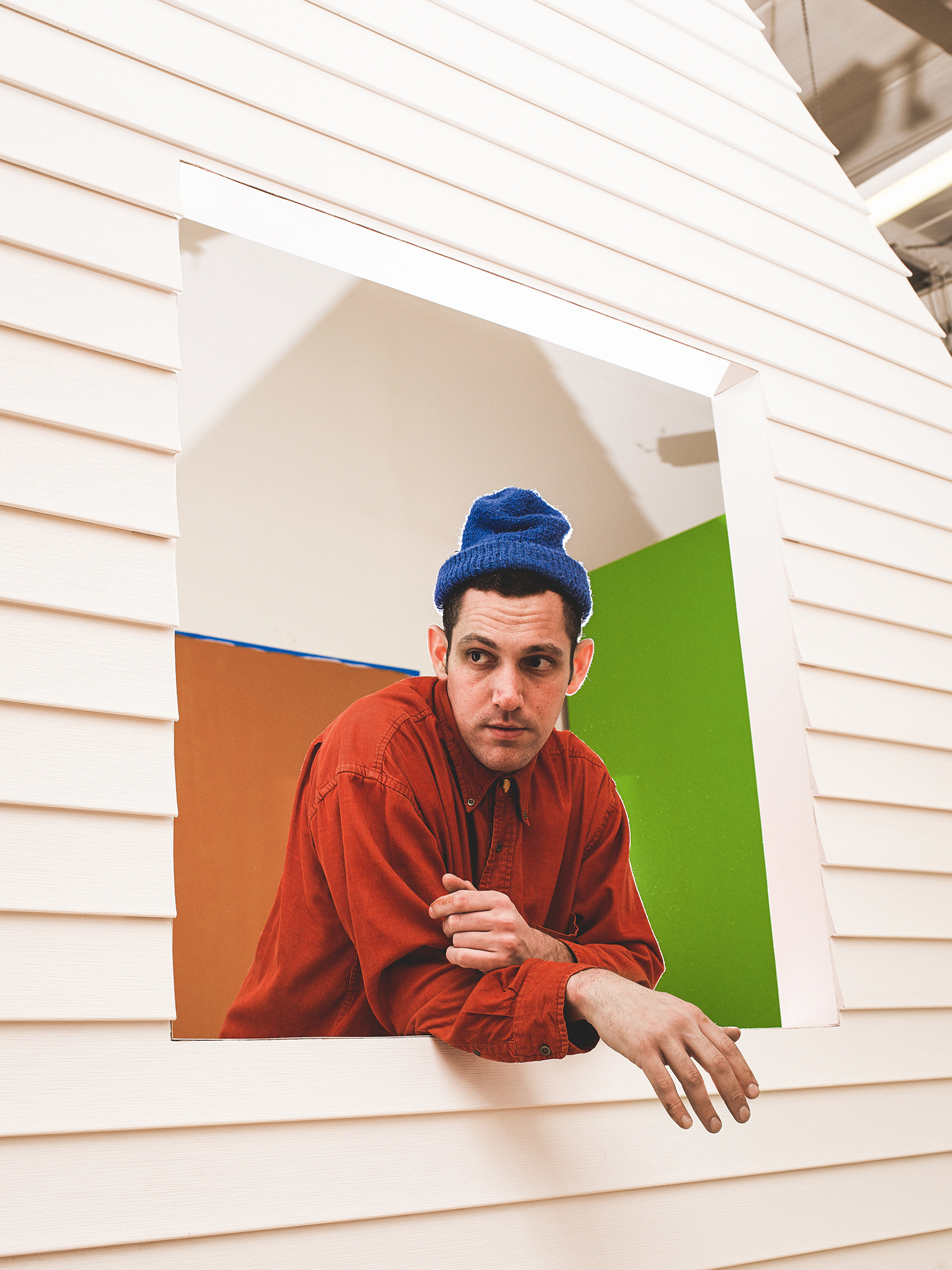Purple Magazine
— S/S 2016 issue 25
Alex da Corte
sculpture in a field of dreams
artists series by MAURIZIO CATTELAN
in participation with MARTA PAPINI
Portrait by ALEX ANTITCH
all artworks courtesy of the artist
 Alex da Corte
Alex da Corte
MAURIZIO CATTELAN — How old were you in 2008?
ALEX DA CORTE — Twenty-seven.
MAURIZIO CATTELAN — Where will you be in 2050?
ALEX DA CORTE — Haunting someone’s house.
MAURIZIO CATTELAN — If Land Art was sculpture in the expanded field, what is your art today?
ALEX DA CORTE — Sculpture in a field of dreams.
MAURIZIO CATTELAN — How much is your work related to newspaper headlines?
ALEX DA CORTE — I would say that some of my work is definitely culled from the newspaper, but there is approximately a 10-year delay from when I read it to when it finds its way into my work.
MAURIZIO CATTELAN — If we recorded your Skype calls,…